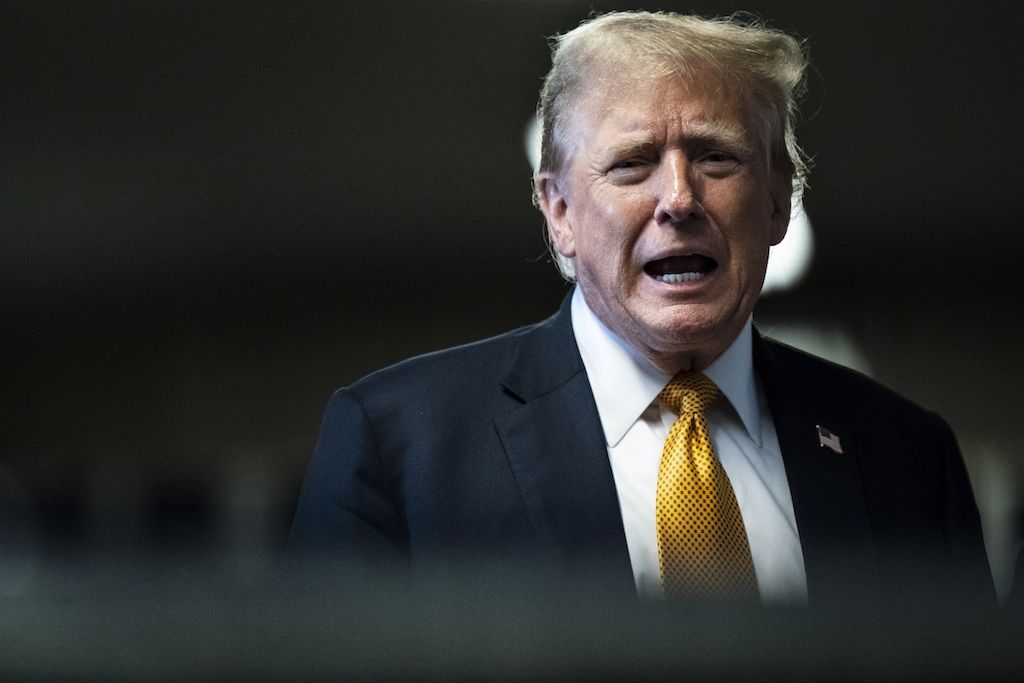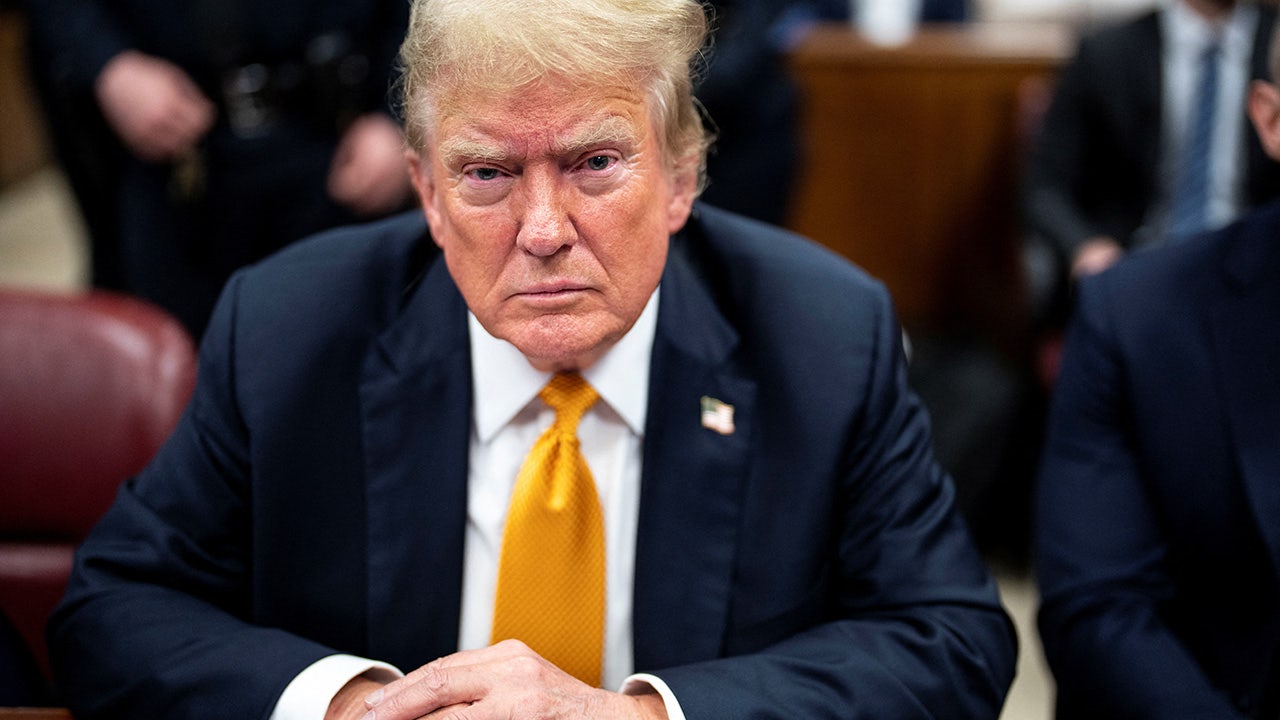As a convicted felon, Trump is barred from owning a firearm, serving on a jury, or travelling to some foreign countries, except under certain circumstances.
Donald Trump became the first former president with a felony record in American history after he was convicted of 34 counts of falsifying business documents to cover up the payment of hush money to a former pornographic actress ahead of the 2016 presidential election.
The presumptive 2024 Republican presidential candidate hit out at the verdict after it was announced on Thursday, branding the trial “rigged” and claiming it was overseen by “a conflicted judge who was corrupt.”
Sentencing in the case is scheduled for July 11, just four days ahead of the Republican National Convention in Milwaukee, Wisconsin, where Trump is expected to be formally confirmed as the GOP’s 2024 presidential nominee. Trump faces a maximum of four years in prison and a $5,000 fine for each of the 34 felony charges he was convicted of.
Trump is also due to face trial in three other felony cases related to accusations he mishandled classified documents and broke the law attempting to allegedly overturn the 2020 presidential election results both nationwide and in the state of Georgia specifically. He has pled not guilty to all charges and denies any wrongdoing.
Being a convicted felon, meaning someone who has been convicted of an offense that carries a maximum penalty of one year or more in prison, Trump has lost a number of rights that most Americans take for granted, whilst his ability to undertake other activities could be greatly impeded. A summary of these has been provided below. Newsweek reached out to Trump representatives for comment outside of usual business hours on Friday.
Owning a Firearm
The federal Gun Control Act makes it unlawful for anyone who has been “convicted in any court of a crime punishable by imprisonment for a term exceeding one year” to possess firearms or ammunition.
However, the Shouse California Law Group notes that “that if you are convicted of a felony and remain otherwise law-abiding, you may eventually be able to restore your gun rights” by having the conviction expunged, reduced to a misdemeanor, asking for a pardon or asking the court for restoration.
Under federal law, convicted felons are forbidden from serving on a jury, unless they receive a Certificate of Rehabilitation or are pardoned by the governor of the state in which they were convicted.
Employment
Whilst it is unlikely Trump is considering a radical career change, his felony conviction does mean that certain industries are effectively off limits to him.
According to Scranton-based law firm Mazzoni Valvano Szewczyk & Karam convicted felons are barred from obtaining a medical license, and are usually not allowed to work around minors of any age.



